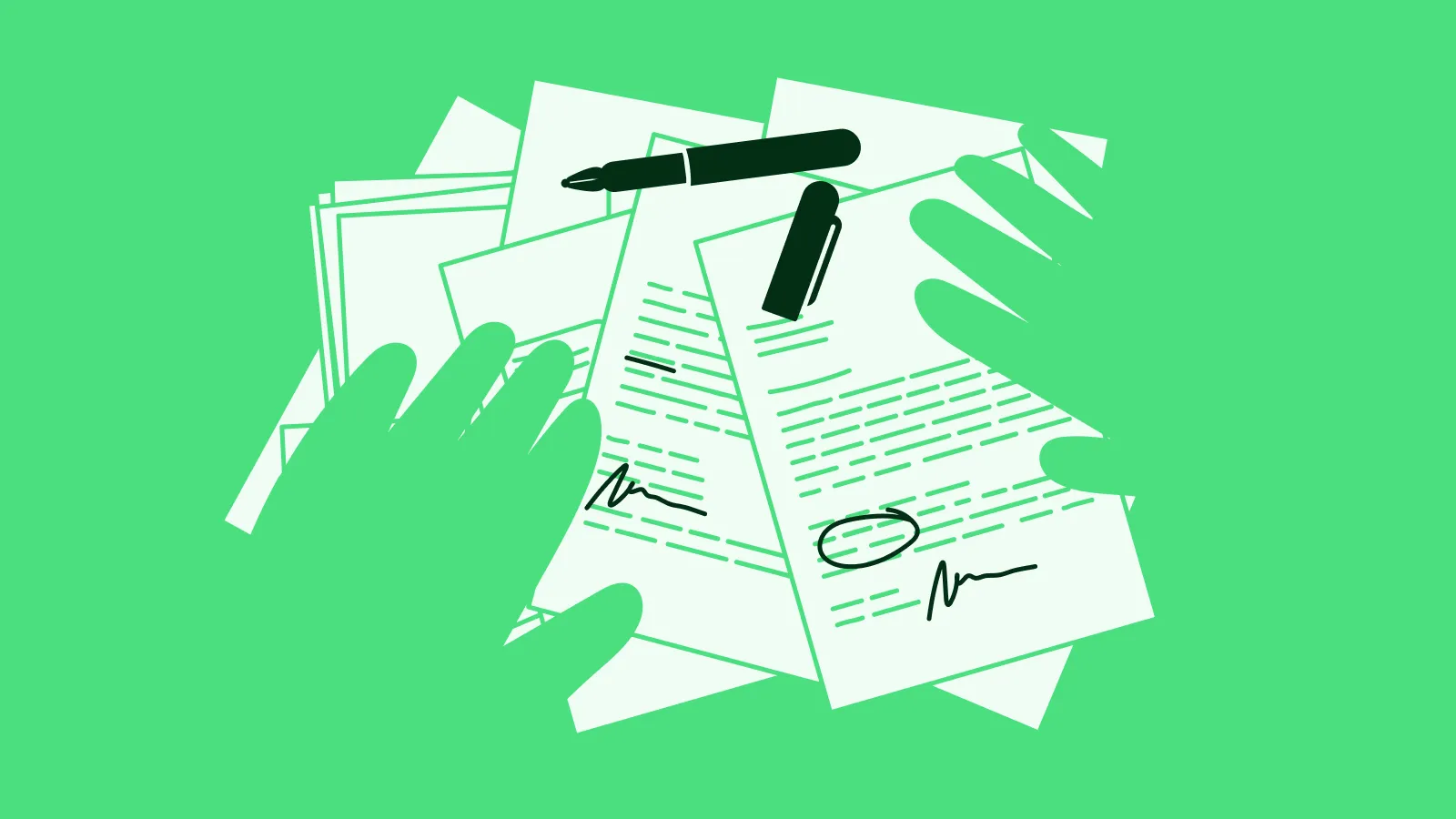Bank of England Base Rate and Your Mortgage
Find out how changes in the Bank of England base rate can impact your mortgage repayments.
Your home may be repossessed if you do not keep up repayments on your mortgage.
Exclusive broker partner to

Author: Michael Whitehead, Head of Content
Reviewer: Paul Coss, Haysto Co-Founder and Chief Customer Officer
Updated: Aug 19 2025 5 mins
When you start thinking about getting a mortgage, one of the terms you'll hear a lot is the Bank of England base rate. Understanding how the base rate works is a key part of feeling in control of your mortgage journey. It helps you make a smarter, more informed decision when choosing a mortgage deal, whether you're a first-time buyer, moving home, or looking to remortgage.
In this guide, we break down all the essentials, leaving you feeling confident and ready to take the next steps.
What Is the Current Bank of England Base Rate?
The Bank of England base rate currently stands at 4%. In simple terms, this is the interest rate that the Bank of England (BoE) charges other banks and commercial lenders to borrow money. It's a powerful tool used to manage the country’s economy, with its primary purpose being to keep inflation, or the rate at which prices rise, under control.
The base rate is set by the Bank of England’s Monetary Policy Committee (MPC) eight times a year (about once every six weeks). A change in the rate (either up or down) has a ripple effect across the entire financial system. It influences the interest rates that banks offer on savings accounts, credit cards, personal loans, and, as you might expect, mortgages.
When the base rate goes up, borrowing generally becomes more expensive, and when it goes down, it becomes cheaper.
How Does the BoE Base Rate Affect Fixed-Rate Mortgages?
The base rate doesn’t directly affect a fixed-rate mortgage once you’ve secured the deal. A fixed-rate mortgage locks your interest rate for a set period, typically two, five, or ten years. This means your monthly payments stay the same, regardless of what the base rate does during that time.
It's a bit like buying a movie ticket in advance: you pay a set price and are guaranteed entry, even if the price at the door changes later.
However, the base rate still plays a huge role in the bigger picture. When lenders set the interest rates for their new fixed-rate deals, they pay very close attention to what the Bank of England is doing. If the market predicts the base rate will rise in the future, new fixed-rate deals will likely be priced higher to protect the lender’s profits.
So, while your current fixed-rate mortgage is a safe haven, the base rate is always influencing the cost of your next mortgage.
How Does the BoE Base Rate Affect Tracker Mortgages?
If you have a tracker mortgage, the relationship with the Bank of England base rate is clear and direct. A tracker mortgage is a type of variable-rate mortgage that is explicitly linked to the base rate. When the base rate changes, your mortgage interest rate adjusts by the same amount, with a pre-agreed margin added on top.
For example, if your tracker mortgage is priced at the base rate plus 1.5% and the base rate is currently 4%, your mortgage rate will be 5.5%. If the Bank of England raises the base rate to 4.5%, your mortgage rate will automatically go up to 6%.
Likewise, if the base rate drops, your repayments will fall too. This type of mortgage offers transparency, but also comes with the risk of unpredictable monthly payments.
How Does the BoE Base Rate Affect Other Variable-Rate Mortgages?
Variable-rate mortgages that are not trackers, such as a lender’s Standard Variable Rate (SVR), are not directly tied to the Bank of England base rate, but they are very much influenced by it. The SVR is the default rate a lender moves you onto after your initial fixed or tracker deal ends.
While lenders are free to change their SVR at any time and by any amount they choose, they almost always do so in response to a change in the Bank of England's base rate.
If the base rate goes up, lenders will often increase their SVR to reflect the new market conditions. This is why it’s always a smart idea to switch to a new mortgage deal before your current one ends, so you don’t end up on an expensive SVR.
What Factors Can Affect Changes in the BoE Base Rate?
The Bank of England's primary goal when setting the base rate is to maintain a tight grip on inflation. The Monetary Policy Committee (MPC) is a group of experts who meet regularly to determine the rate, considering a range of factors before making a decision.
The two main drivers are inflation and economic growth. If inflation is high, the MPC is more likely to raise the base rate to encourage people to save rather than spend, which slows down price increases.
If the economy is slowing and unemployment is rising, they might lower the base rate to make borrowing cheaper, stimulating economic activity and encouraging spending. The MPC continually balances these two factors to maintain economic stability.
How Does the Current Base Rate Compare to Historical Levels?
The Bank of England base rate has seen some big changes over the years. We’ve experienced periods of very high rates, such as in the late 1980s and early 1990s, when rates were in double digits. Then, for more than a decade after the 2008 financial crisis, the rate was at historic lows, often below 1%.
In recent times, we've seen the base rate climb steadily from its all-time low to combat rising inflation. This has meant that many homeowners coming to the end of their existing mortgage deals over recent years have found themselves facing higher monthly repayments than they had been used to.
This is why staying informed about the base rate is so important for all homeowners.
What will happen to the base rate in the immediate future?
The truth is, nobody knows for sure which way base rates will go. Financial analysts and economists spend their days studying things like inflation reports, employment statistics, and global events to try to predict the next move from the Bank of England’s Monetary Policy Committee.
Even the MPC members themselves may not have decided which way they will vote at the next meeting until they’ve seen the most up-to-date economic data.
While it’s useful to follow these predictions, it’s not something to base your entire mortgage decision on. Instead, it’s about weighing your own attitude to risk. If you’re a first-time buyer or a home mover who values certainty, a fixed-rate mortgage might be a great option for you.
If you’re a little more flexible and are happy to take a calculated risk, a variable or tracker rate could be a more imaginative play, especially if rates are expected to fall.
Start Your Mortgage Journey the Right Way with Picnic
Making an informed decision on your mortgage deal involves having a clear understanding of how influential the Bank of England base rate can be, and finding the one that best suits your risk appetite.
Speaking to one of our Mortgage Experts will help give you clarity and confidence to make the right choice. Ready to make your move? Great, just make an enquiry and a member of our mortgage team will be in touch to help you get started.
Related Pages
How Conveyancing Works

How Stamp Duty Works

Choosing Your Mortgage

Variable-Rate Mortgages Explained

Speak to One of Our Experts
First or next move, remortgaging or investing - get clear advice from our award-winning experts to help you find the right mortgage.
Your home may be repossessed if you do not keep up repayments on your mortgage.